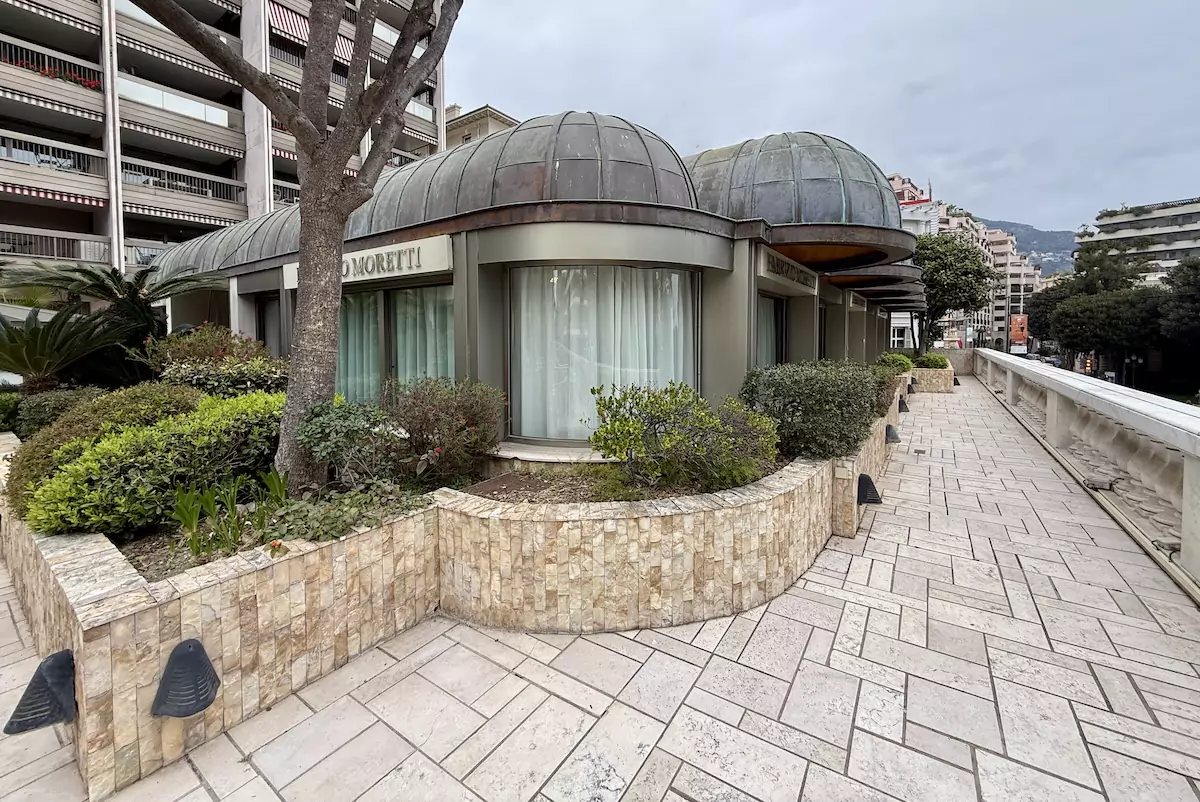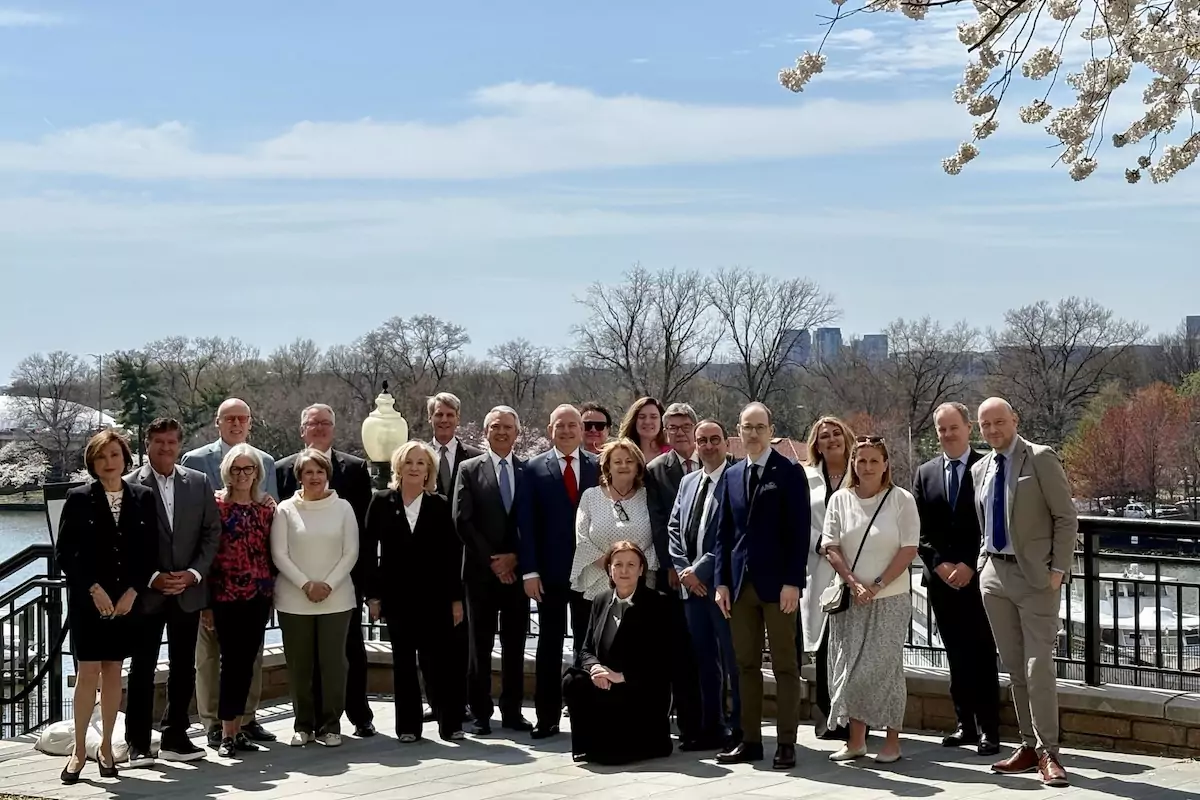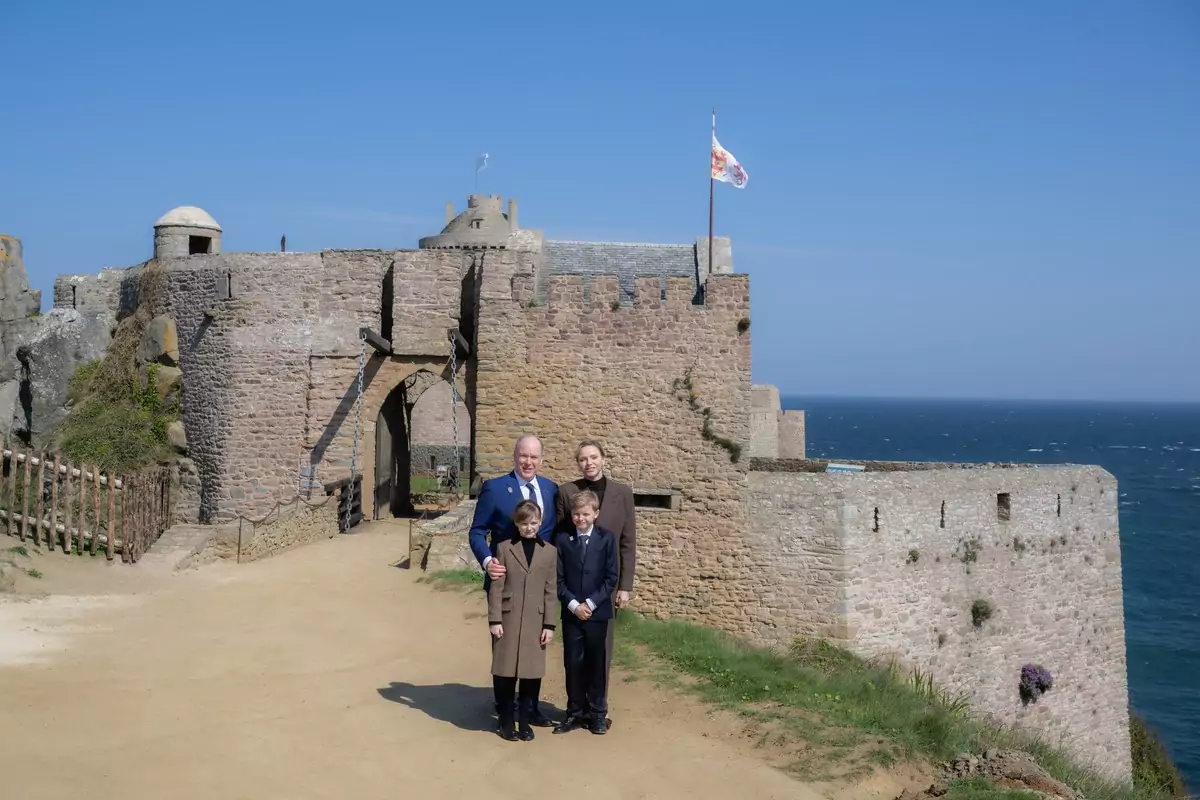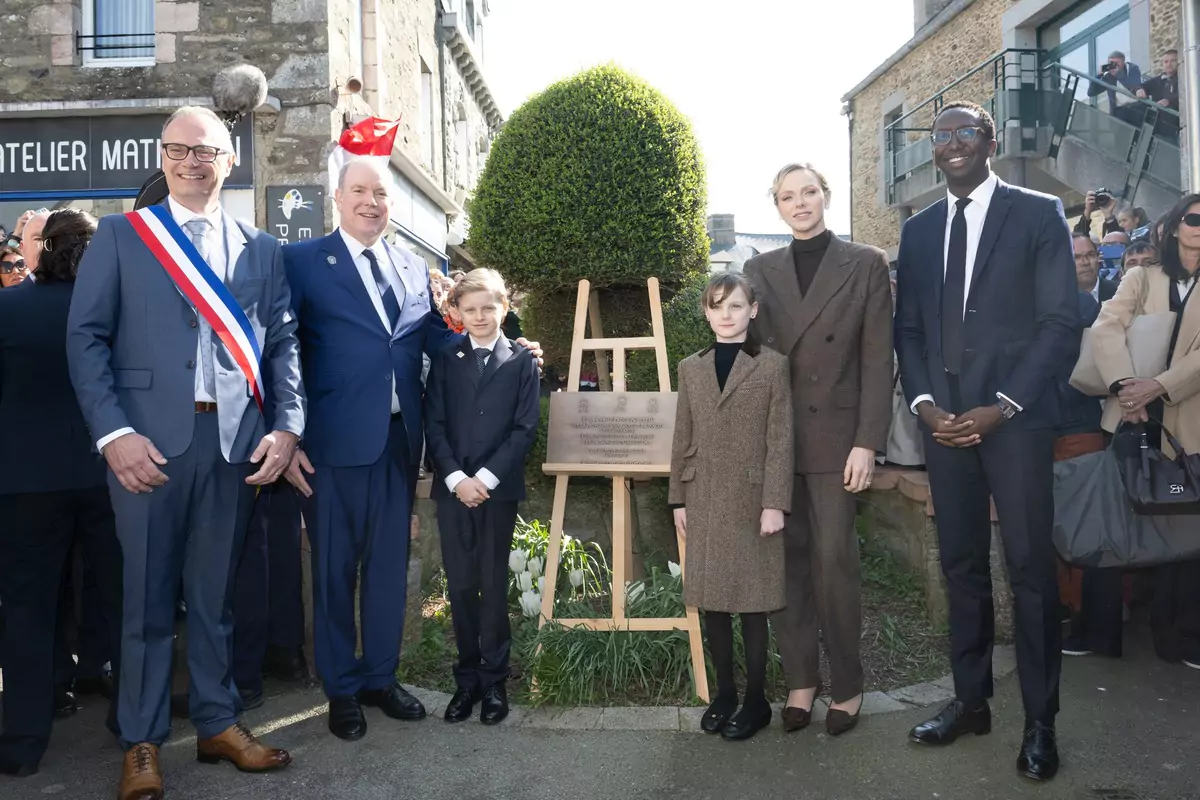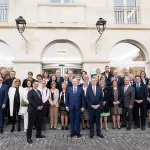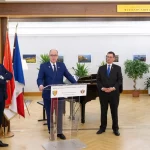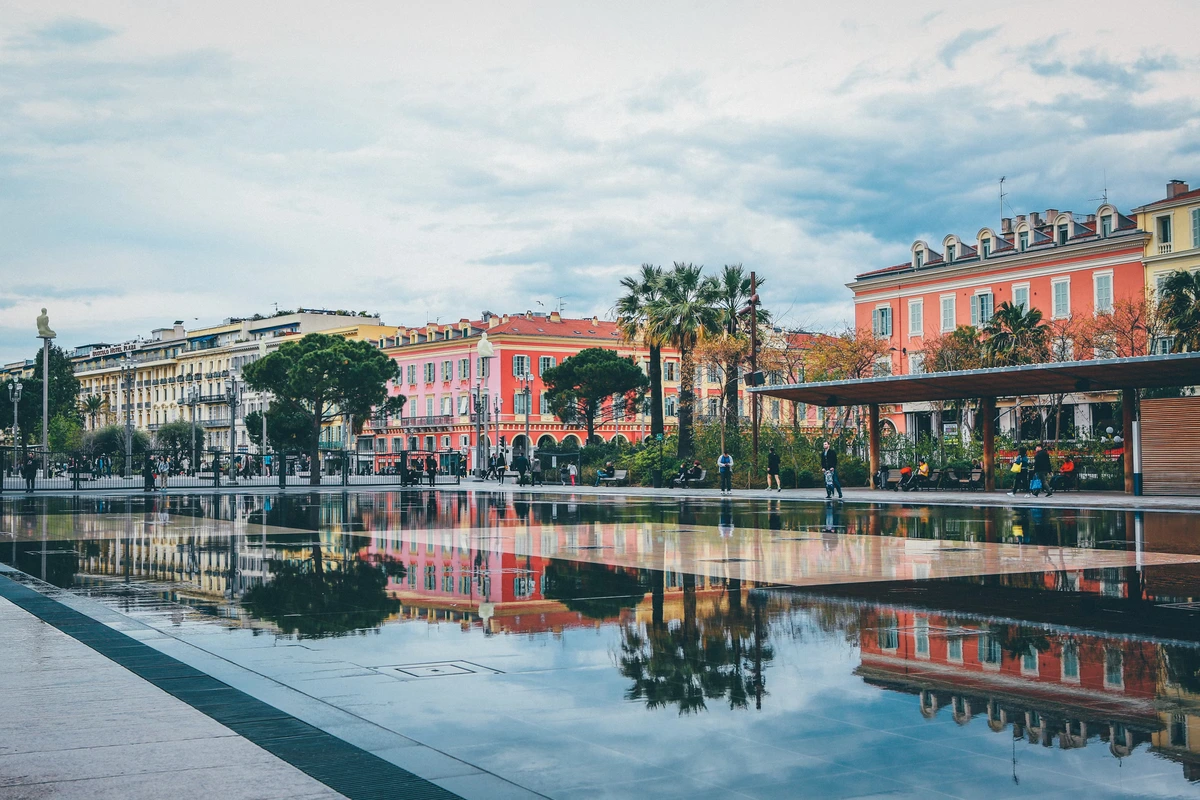SOCA’s pre-launch signals the steady rise of Monaco’s startup ecosystem, with MonacoTech helping to drive innovation across key sectors.
The Monaco-based digital platform, designed to streamline order management between restaurants and suppliers, has now entered its pre-launch phase, with a broader rollout planned later this month across the Principality and into France.
Since February this year, the app has been undergoing testing with several local partners, including Monte Carlo Beer, as part of a pilot programme aimed at assessing the platform under real-world conditions.
Developed by Mathieu Chailloux, William Scheffer and Anthony Orengo, SOCA’s goal is to centralise and automate the ordering process, improve communication between suppliers and restaurateurs, and reduce manual errors — common challenges in the hospitality sector.
“Our ambition is to build a tool designed by and for professionals on the ground, in a spirit of continuous co-construction,” explain the co-founders.
Building momentum through local support
The startup, currently incubated at MonacoTech, is positioning itself within the foodtech sector. MonacoTech, founded by the Monegasque government in 2017, has become a key part of Monaco’s broader strategy to support innovation and economic diversification. In addition to workspace, the incubator provides access to mentorship and professional networks, helping early-stage companies develop and scale.
See more: MonacoTech opens call for bold startups to join its 2025 incubation program
As MonacoTech launches its latest international call for bold, impact-driven startups to join its 2025 incubation programme, initiatives like SOCA demonstrate how the incubator has become a launchpad for practical, scalable innovations. Applications for the programme are open until 13th May 2025.
SOCA was also one of eight startups selected to take part in the Start-Up Meeting hosted by the Jeune Chambre Économique de Monaco (JCI Monaco) in October 2024.

The event was part of a new initiative by JCI to promote entrepreneurship through public pitch sessions and informal mentorship opportunities. As the winner of the 2023 JCI Monaco’s Concours de Création d’Entreprise, SOCA presented its progress and ambitions during the gathering, which brought together local entrepreneurs, industry experts and business leaders.
See more: JCI Monaco empowers aspiring entrepreneurs with new start up initiative
In addition, SOCA participated in Monaco Business 2024, held at the Sea Club of Le Méridien Beach Plaza in September. The annual event brings together established companies and emerging startups to spotlight innovation across sectors such as fintech, cybersecurity, wellness, and digital services.
See more: Innovation in the spotlight at Monaco Business event
The app is now preparing for broader deployment this month, marking a significant step in its development.
For Monaco, SOCA’s progress is also part of a wider effort to encourage a culture of innovation and support home-grown startups. With backing from MonacoTech and visibility through initiatives such as JCI Monaco’s events and Monaco Business, companies like SOCA are increasingly viewed as part of the Principality’s economic future.
Monaco Life is produced by a team of real multi-media journalists writing original content. See more in our free newsletter, follow our Podcasts on Spotify, and check us out on Facebook, Instagram, LinkedIn and Tik Tok.




